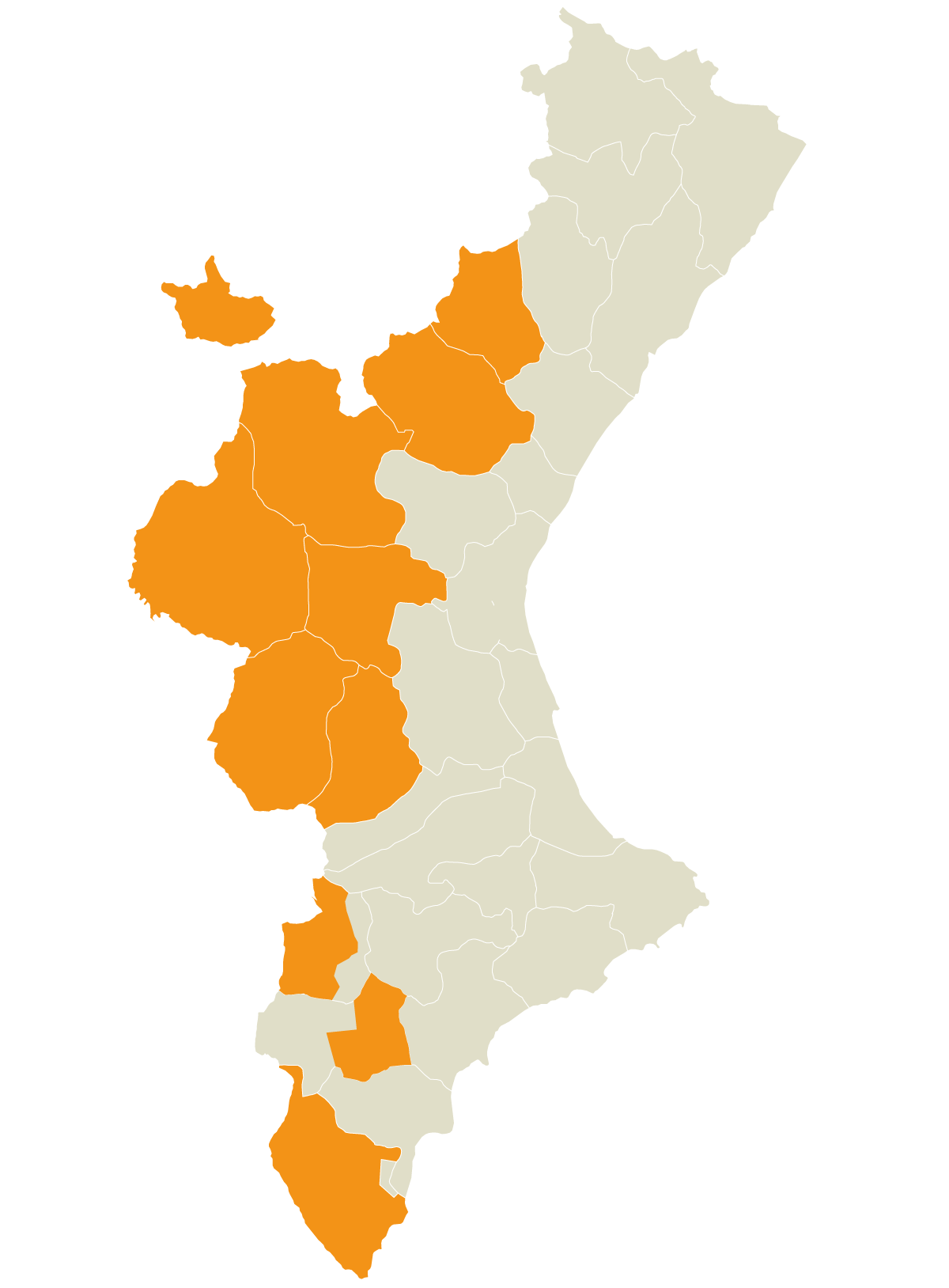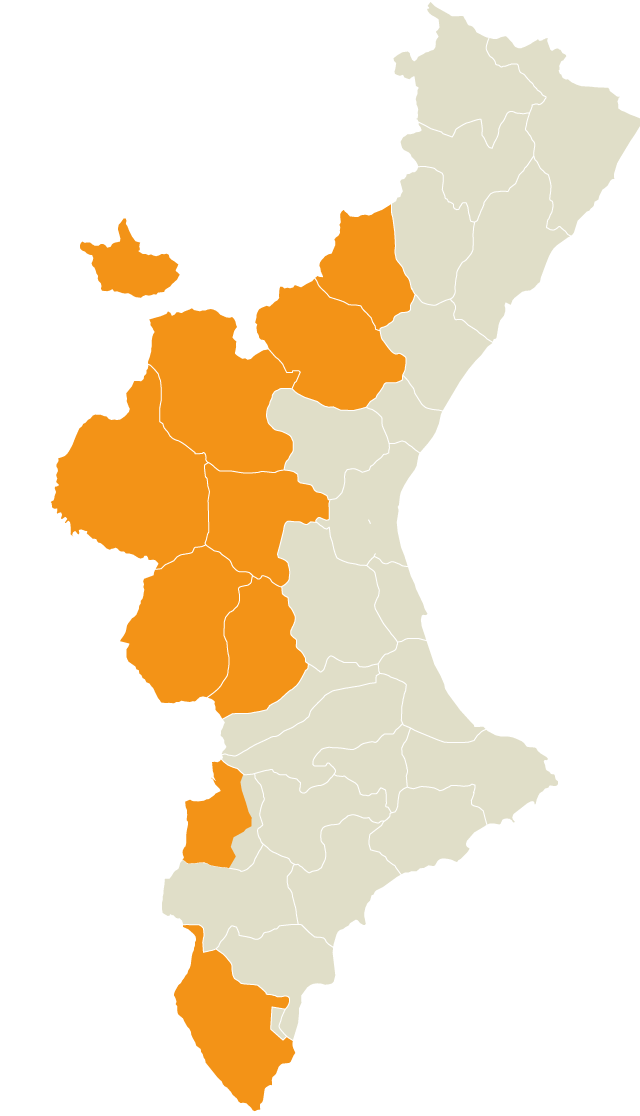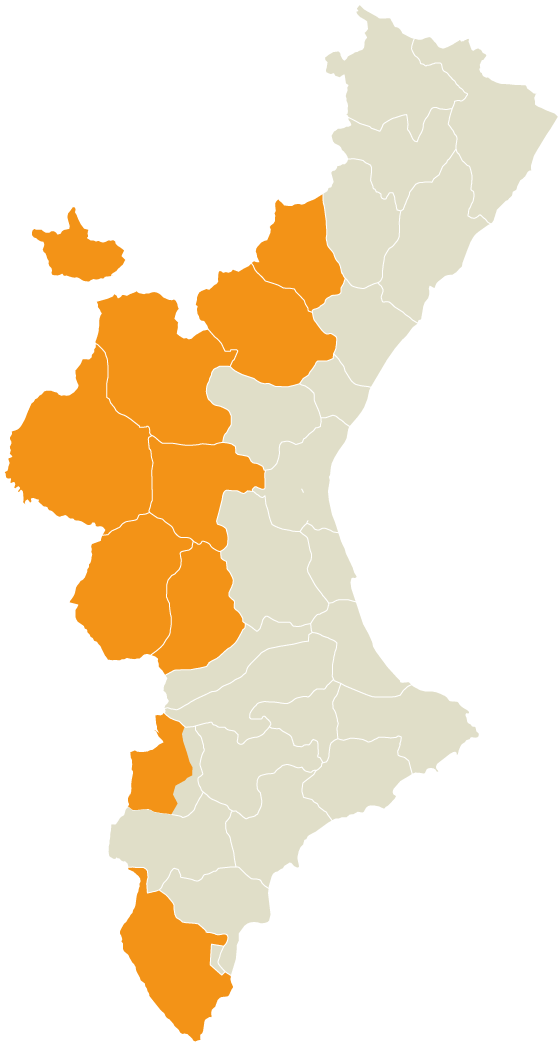PP and Vox approve the demand that Alicante be considered a Spanish-speaking region.
For the measure to be effective, it must pass the vote of the Valencian Parliament.

ValenciaVox achieved its objective, and Alicante City Council approved an institutional declaration this Thursday asking Parliament to modify the law on the use and teaching of Valencian and define the city as a Spanish-speaking territory. The request was approved with the votes of the far-right party and the Popular Party, which has not changed its position one iota despite the protests against the measure today.
Vox has taken advantage of the weakness of the PP, which needs its votes to approve the city's economic stability plan, to impose a measure that has little to do with the city council's financial management. What it does have a lot to do with is Abascal's party's attempt to break the minimal linguistic agreements reached in the Valencian Community during the Transition. In fact, Vox already presented a motion in the Alicante city council in 2023 that sought what they have finally achieved today. Two years ago, the proposal was withdrawn at the request of the People's Party (PP), which promised its members it would incorporate it into the future education law, something that never happened.
Once the petition has been approved, it is unclear what the PP's position will be in Les Corts. The conservatives have not explained whether they will agree to amend the regional law, but it would not be surprising given the weakness of the head of the Consell, Carlos Mazón. The Valencian president's questioning of his handling of the DANA (National Assembly of Catalonia) has led the Alicante leader to heed almost all of Vox's demands in recent months. Some are completely opposed to promoting the use of Catalan, such as the 50% reduction in funding for the Valencian Academy of Language—an institution promoted by the PP when it was led by Eduardo Zaplana—while increasing subsidies to secessionist organizations, already reintroduced by Mazón in 2023.
If the change to the law on use and teaching is approved, Alicante will join the group of cities where education in Valencian is not mandatory and where the use of Catalan as a vehicular language is marginal. These regions include the Vega Baja in the province of Alicante; Valencian and conflicting its teaching and use. Furthermore, they have warned that the inclusion of Alicante in the so-called Spanish-speaking area could be the first step in a strategy that could be replicated in neighboring cities such as Elche, where the use of Catalan is higher than in Alicante.



